With an air of unflappable cool, quiet dignity and solid political savvy, David Dinkins rose to meet this challenge head-on by becoming New York's first African-American Mayor -- and making history at the same time. Having successfully completed stints at the U.S. Marine Corps and earning degrees from Howard University and Brooklyn Law School respectively, Dinkins quietly rose through the ranks of NYC government to ultimately become New York's 106th Mayor from 1990 - 1993.
Now a professor at Columbia University's School of International Public Affairs, Dinkins recently wrote his memoir, titled: "A Mayor's Life: Governing New York's Gorgeous Mosaic." In this candid interview, Dinkins discusses his book, his family and his proud accomplishments all while dispensing career advice for young people and heaping praise upon his wife, kids and grandchildren.
A. I've been urged to write a book by several friends for quite a long time and I agreed with them that it made sense for me to write my own book so as to tell my story in my way. Others have written about me and about our administration and not always in fashions that we thought were accurate. At least the record will be clear. That's really the motivation.
Q2. You were elected as the 106th Mayor of New York City for the years 1990 - 1993. What accomplishments are you most proud of?
A. Well, I suppose that I'm most proud of the fact that we were able to get crime to be reduced as early as 1991. Crime was "sky high" when we took office on January 1, 1990; although when people speak of crime, they act as though there was NO crime on December 31, 1989 when Ed Koch was Mayor just the next day when I assumed office.
We were very pleased with our ability to reduce crime in the fashion that we did. It was because of our "Safe Street, Safe City" program which was subtitled: "Cops and Kids." This required, obviously, the assent of Albany but we fought long and hard and we got that. I think that would have to be among the top.
Then, of course, there was the U.S. Tennis Association facility in Queens. There was a threat that the U.S. Open would move from New York City and so we worked awfully hard at that. We were able to come up with a 99-year lease. The sticking point was that they wanted a "fly-over penalty provision" so that the city would have to pay the U.S.T.A. a fee if the planes were to fly over during the course of the two-week tournament for reasons other than safety.
It has never cost the city "a nickel" in all these years. The U.S. Open generates more revenue into the economy of the city in those two weeks than the Yankees, Knicks and Rangers combined. The number is somewhere North of 700 million dollars these days.
A. Well, I suppose "more" is expected of us. But, that's okay. I'm not unhappy with high expectations. We try to meet them as best we can.
We were able to persuade Nelson Mandela and the ANC to come to NY in 1990. That was a MAJOR accomplishment. Mandela had a ticker-tape parade. He spoke at Yankee Stadium as well as 125th Street and Lenox Avenue and stayed with my wife and me in Gracie Mansion. I will ALWAYS be proud of those days. He's one of the most amazing people of the 20th century.
Q4. What lessons can we learn from Mandela?
A. I have to tell you, the most intriguing aspect of his personality seems, to me, is a "total absence of bitterness." He was always the same, whether playing with our grandchildren or being questioned by Ted Koppel on "Nightline."
Special Note: Nelson Mandela recently passed away on December 5, 2013. Coincidentally, this interview was completed prior to Mandela's passing.
Q5. You bemoan the fact that individuals are not as idealistic as they were during your time. What do you see as the benefits of working in public service and how would you encourage more young people to think about public service as a viable career option?
A. I'm privileged to teach at Columbia University where I've been since I lost my other job. (Laughter) I've been there since January of 1994 and it's a graduate school: The School of International Public Affairs.
I encourage the students always to have an interest in public service using great care to point out that public service does not to me, mean only politics and government. I don't care whether it's the NAACP or the Red Cross. I encourage our students to have an interest in doing things that help other people. And, I'm pleased to say that sometimes I'm successful.
Q6. I've noticed that most people who go into politics have a law degree. What was it about law that has proved most useful to you during your time as mayor and would you encourage more young people to go into law.
A. I'd encourage young people to have an interest in a law degree; not necessarily to practice law but it teaches one to think in a certain fashion which I believe is useful.
Q7. You've had to contend with many instances of racism throughout your tenure, particularly as it relates to the misperception that Black people may not being "financially competent" to run a city. What advice would you give to young people when it comes to coping with racism and other people's misperceptions about their capabilities?
A. You have to demonstrate that they're wrong. I think we were able to do that. One of the difficulties that we as a group have, is sort of "absence of expectation," particularly among our youth. It's very important not to permit people to "define you" in that fashion and to demonstrate that you too, can achieve.
Q8. You and your wife Joyce, are the proud parents of two kids (and two grandkids) who are successful in their own right. What advice would you give to parents when it comes to raising their kids to become productive citizens?
A. What they need is a wife like mine. (Laughter) We are very proud of our two children and our two grandchildren and it's "my bride" who deserves the credit. Early on, she was determined that one, they would get a good education and they did. All four of them. It starts there. Education is so important.
When we were very, very poor and my wife started speaking to me about private schools, I thought she had lost her mind. Of course, the ideal is a public school that is a good school. Unfortunately, too many of our public schools are not good.
At any rate, our children went to Ethical Culture and up through Fieldston. Our daughter then went to Yale and our son went to Case Western Reserve in Cleveland. They say that the "rest is history." They each have done well and we're very proud of them.
Our granddaughter is a Columbia graduate and is signed up for "Teach for America." She's in her second year and when completes those two years teaching in the third grade in the South Bronx, she will have obtained a graduate degree and a master's in education as well.
Our grandson graduated from the University of Massachusetts at Amherst and is now doing graduate work at the University of Texas at Austin.
Q9. You have a great quote in the book that states: "What's important is not to be 'politically right.' What's important is to do the right thing. That takes courage and conviction." Can you elaborate on that?
A. It's important to do what you know to be right rather than to be correct. Bill Lynch, who was a dear friend who passed recently, he and I used to say to each other: "Good Government is Good Politics. You do the right thing, it will enure to your benefit politically." We found that to be true.
Readers are urged to buy a copy of "A Mayor's Life: Governing New York's Gorgeous Mosaic" for a fascinating and introspective look at politics from behind-the-scenes.
CARING IS SHARING! If you've enjoyed this interview, SHARE it with people in your network by clicking on the buttons below. SUBSCRIBE to my email list for upcoming interviews. FOLLOW me on Twitter and LinkedIn.
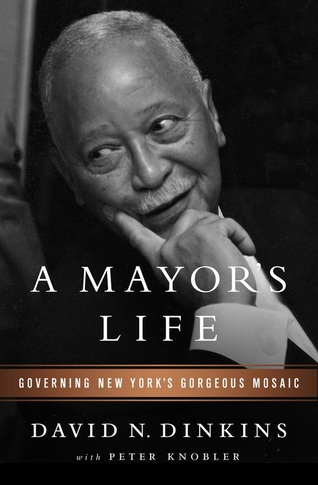
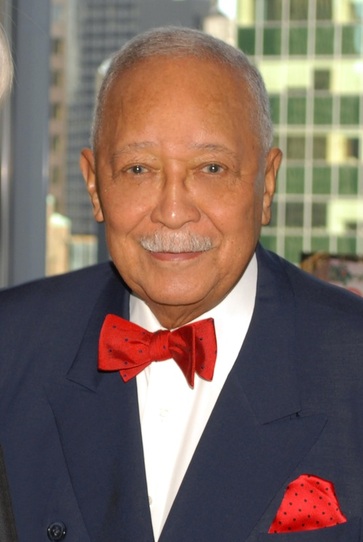
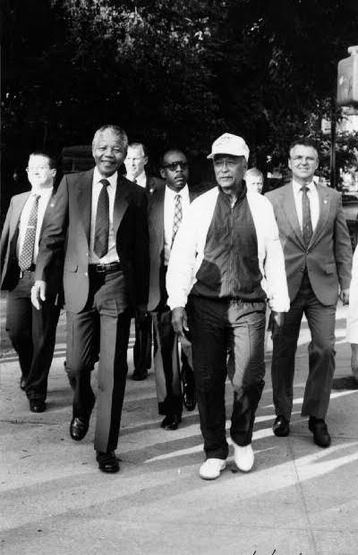
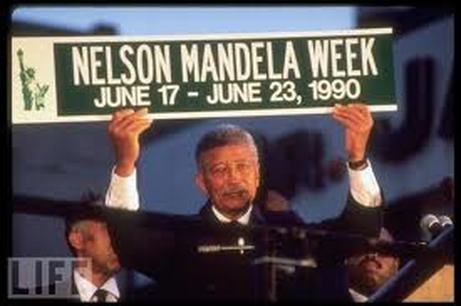
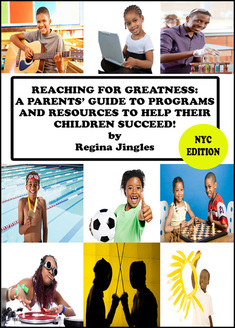
 RSS Feed
RSS Feed